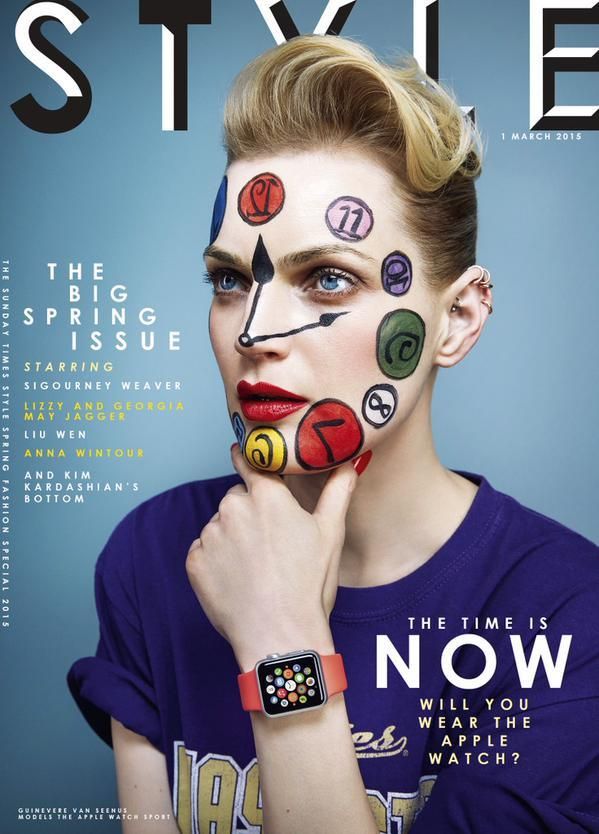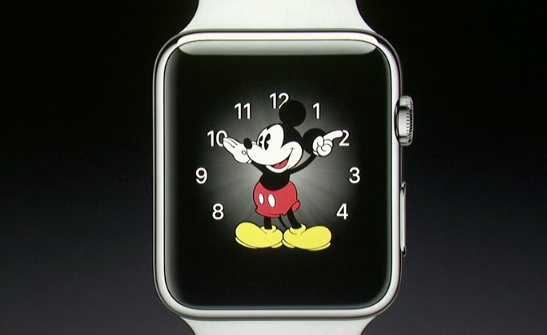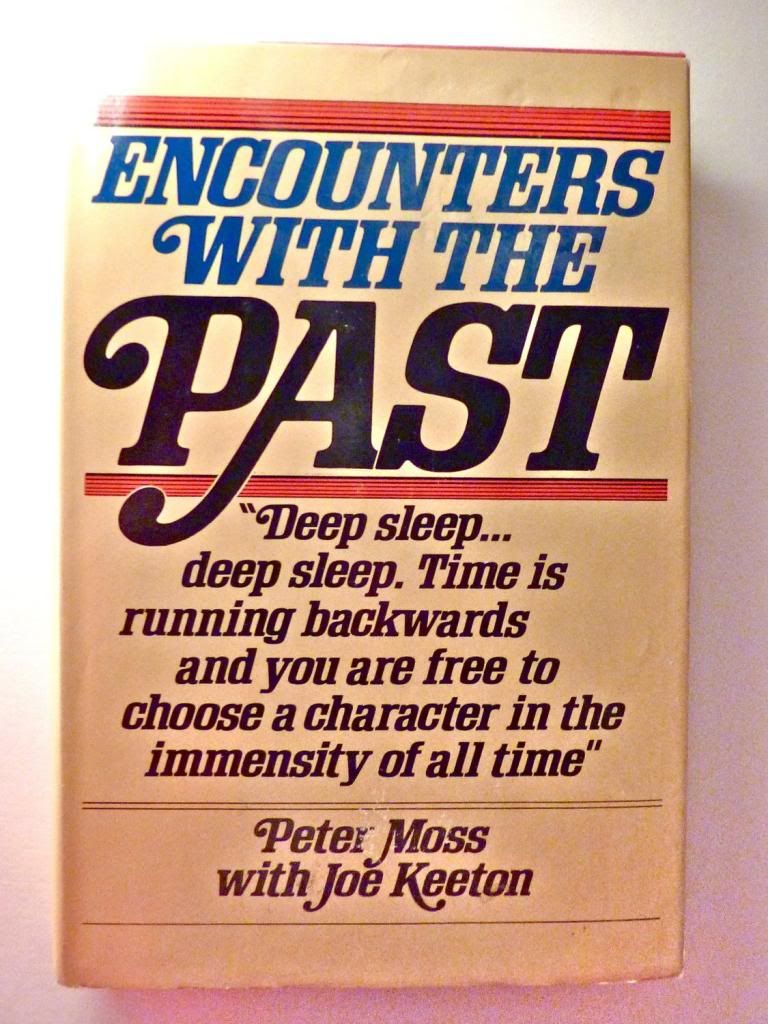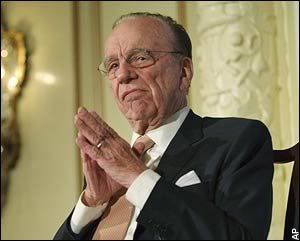This isn't, actually, another post about music except incidentally. It's about audiences.
The other day I was listening to Bill Evans Trio at Shelly's Manne-Hole, recorded at a club performance in 1963. Bill Evans hardly needs a plug from me. Aside from the playing, one thing that struck me about the recording was ... the audience.
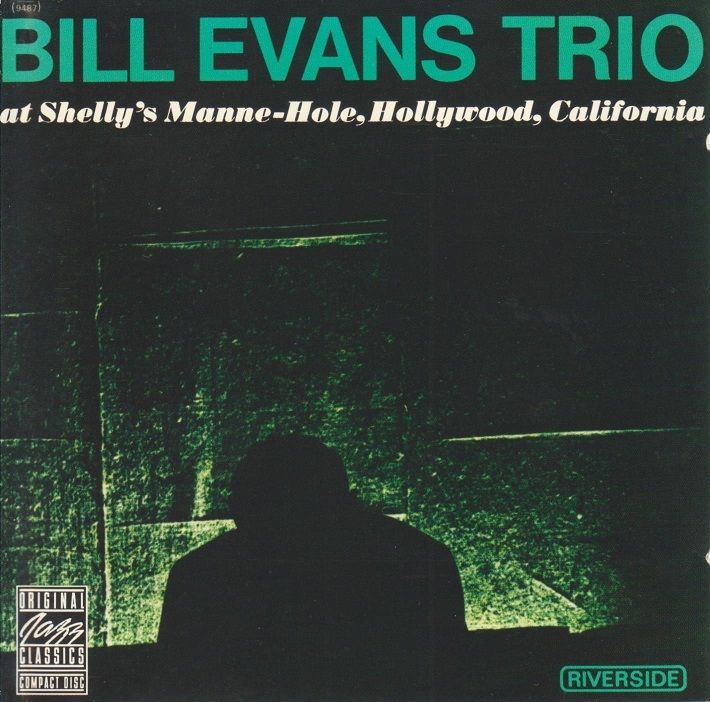 At the end of each number, they applauded. That's all: they applauded. No shouting. No whistling. No "Yeah!"s. No foot stomping.
At the end of each number, they applauded. That's all: they applauded. No shouting. No whistling. No "Yeah!"s. No foot stomping.The bassist, Chuck Israels, did a fine extended solo on "All the Things You Are." (This was a different trio from the one with which Evans had become famous. That earlier line-up had ended with the tragic death in a car accident of the bassist Scott LaFaro.) There were only two or three seconds of mild applause for the solo, which today would have sent the crowd wild.
You might argue that the audience wasn't sophisticated enough to understand what now passes for correct receptivity. I say ish kabibble to that. A trio date in a Los Angeles club would not have had a bunch of rubes for customers. They were more likely some of the keenest listeners around. They expressed their appreciation through treating Evans and his crew as artists, not circus performers.
So they didn't ecstatically applaud Israels's solo. Could it have been because they understood it was a component of the song as a whole, not a personal exhibition?
The behavior of audiences has worsened considerably in my lifetime. Rock music started the breakthrough, or breakdown. ("More! More!") I've been to some great rock concerts, but almost always felt distaste for the shrieks and "participation" of the listeners, if they really were listening that is.
What's going on? I think at the most primitive level concerts are one of the few occasions now where people feel they can express themselves without fear of getting into trouble. In everyday life, they must pre-censor every word. Better to stick to sports and weather. You never know who might be offended. Heavens, they might innocently utter a politically incorrect formulation that would cause some identity freak to screech, "That's racist! Xenophobic! Homophobic! Patriarchal!" etc., etc. But who can criticize you for going over the moon about musicians?
And it's not just rock or jazz performances anymore. Classical concert audiences have their own buffoons. While only a small portion -- so far -- applaud between movements, once the piece is over they go ape. Always, always a standing ovation for a concerto or symphony. A standing ovation used to mean something, that this wasn't just a good performance, but something truly extraordinary. Now the standing is routine.
Classical audiences like to imagine how deeply they appreciate what they heard. Oh, do they appreciate it. They desperately show the world their "sensitivity": "Yeah!" "Bravo!" (They're too ignorant to know that if you must use this word, it should be "Brava!" when directed at a woman.) "Woh!!!!" What dolts they are.
But that's not enough for a writer in Britain's The Telegraph, within living memory a conservative paper, now a mouthpiece for that sad country's cultural Marxist Establishment.
"Are young people scared of the Proms [the annual Promenade concert series] -- or the audience?" asks the headline. Jonathan McAloon writes:
The classical music establishment has never been more desperate to shake its elitist image. The Proms is especially conscious of making space for fresh musical combinations to entice people who might feel alienated by the repertoire: Gabriel Prokofiev’s Concerto for Turntables and Orchestra saw traditional instruments remixed live by DJ Switch in 2011. This year, the late slot opened its arms to dance icon Pete Tong and grime duo Krept & Konan. No one could fault the on-message Proms programmers for their inclusivity. But it isn’t the repertoire that’s forbidding to newcomers: it is the audience.He doesn't give many examples of the alleged "snootiness" except for some traditionalists glaring at audience members applauding inappropriately and making too much noise.
While on the surface there is a pressure to modernise, there is also a deep-seated coldness and snootiness in the attitude of many – though of course by no means all – hardened Prom-goers.
There needs to be an incentive for new audience members to take seats in the stalls. Perhaps a limited number of seats could be reserved for those who have never attended before. Or there could be a special offer for Proms regulars who bring first-timers, thus encouraging the passing on of tradition and knowledge [Huh? Tradition and knowledge are exactly what McAloon despises]: in this way, newcomers could quickly learn how best to avoid annoying the unforgiving killjoys.Of course, the first timers might need to learn something about manners. But that would mean they'd have to, my God, restrain themselves. Oh, the poor dears. Imagine some ancient mossback looking askance at them for whooping, dancing in the aisle, or maybe taking their clothes off and doing cartwheels. If classical music is to have any future (according to this McAloon character) the audience must feel comfortable expressing itself, any time, any way.
I, an unforgiving killjoy, hope McAloon's attitude is mainly limited to degenerate London. But I wouldn't bet on it. Waive, Britannia! Britannia, waive the rules! Those are for snooty old people. Why don't they just f-f-f-ade away?




